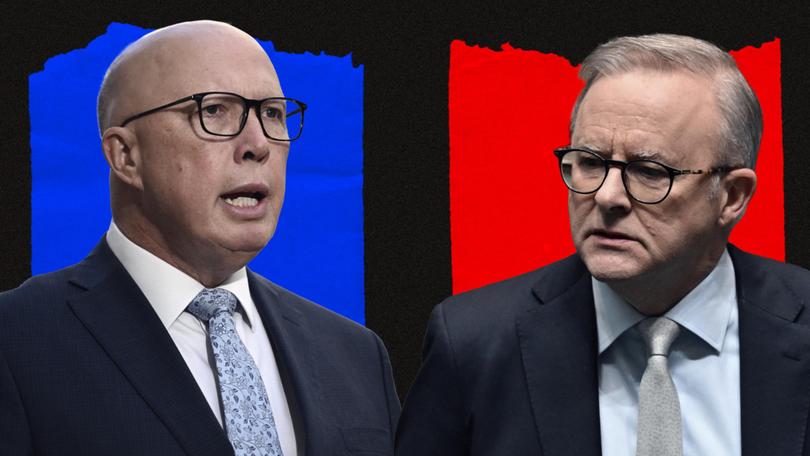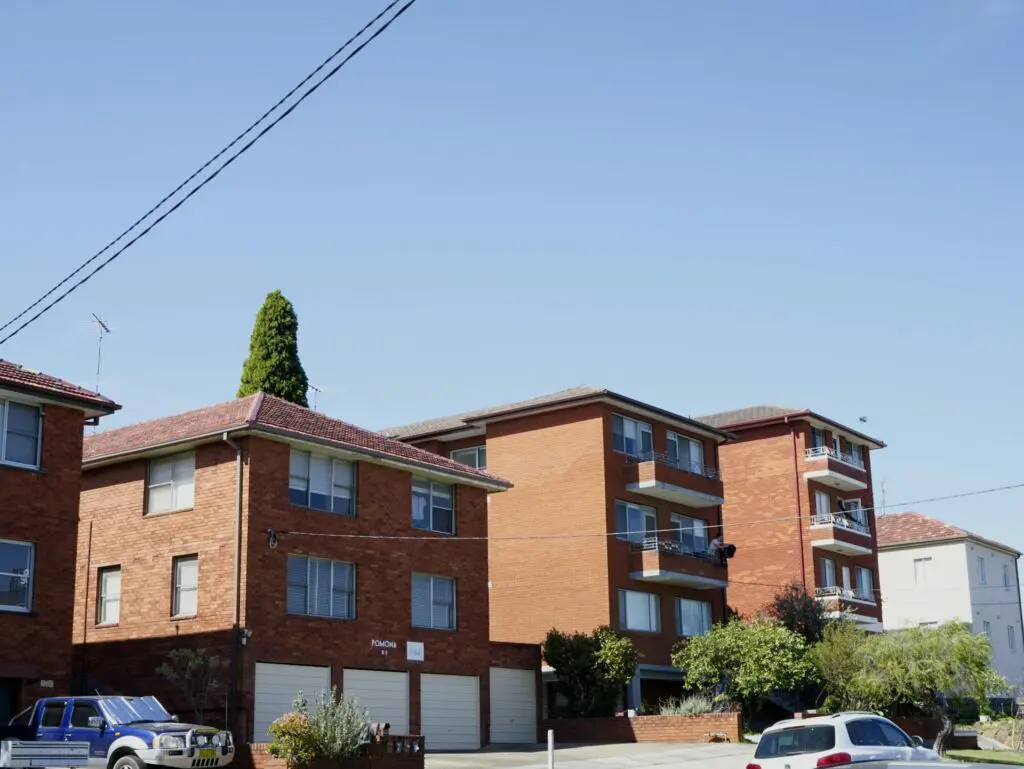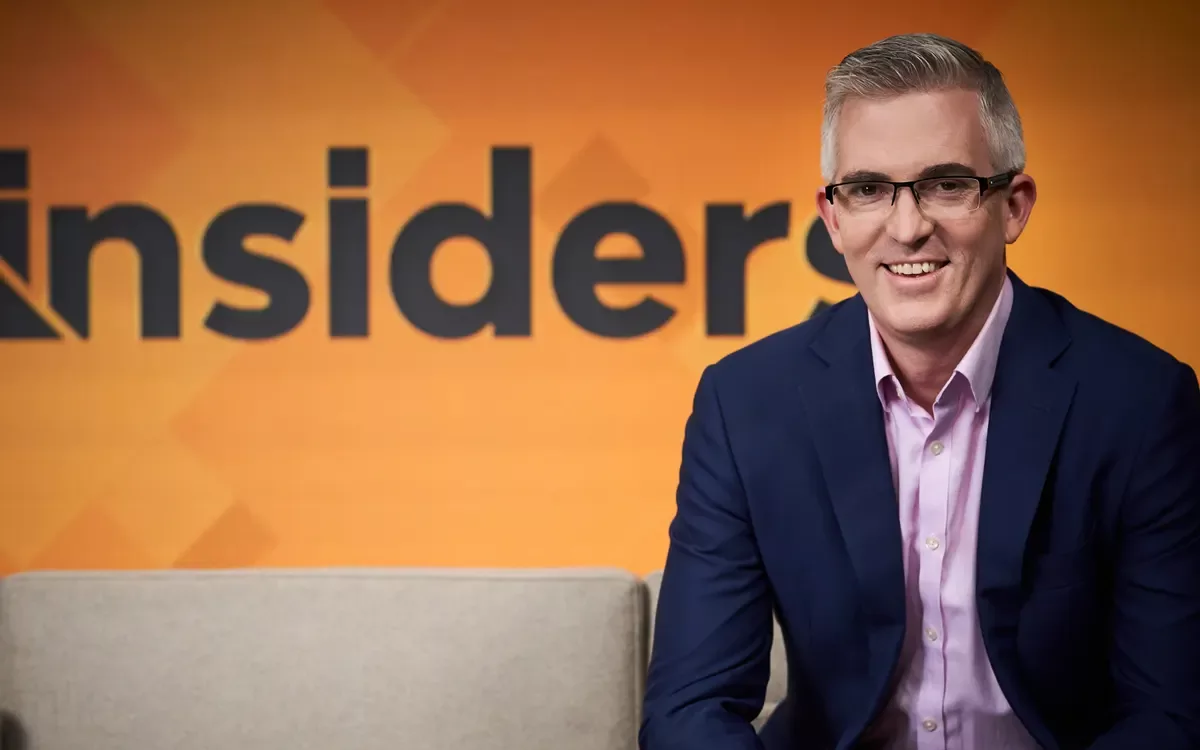Breaking News

Popular News





Journalistic integrity is the bedrock of a functioning democracy. Political journalists, especially those at public broadcasters, bear a unique responsibility to hold power to account without favour or bias. Yet, in Australia, ABC’s Insiders program—one of the country’s most influential political talk shows—has come under increasing scrutiny, with its host, David Speers, accused of tilting discussions in favour of the Liberal-National Coalition.
This is not an abstract criticism nor a baseless allegation. It is a sentiment widely held by media analysts, political commentators, and increasingly, by everyday Australians who tune in expecting balanced coverage but instead find a repeated platforming of Coalition-friendly narratives. Given Speers’ long tenure at Sky News, a network known for its conservative slant, his role at the ABC would always attract scrutiny. However, over the years, it has become evident that his approach to interviewing, framing political issues, and fact-checking is consistently softer on the Coalition while disproportionately hostile towards Labor and progressive politics.
This article is a comprehensive investigation into Speers’ journalistic history, his role at the ABC, the instances where he has demonstrably favoured the Liberal-National Coalition, and what this means for public trust in political journalism.
David Speers built his reputation as a hard-nosed political journalist during his time at Sky News Australia, where he served as political editor and host of PM Agenda, Speers Tonight, and other political programs. Sky News Australia, despite its early attempts at being a balanced news outlet, has evolved into a network heavily skewed towards conservative ideology, often providing an uncritical platform for Coalition talking points.
In 2020, Speers moved to the ABC, replacing veteran journalist Barrie Cassidy as host of Insiders. His appointment was initially met with optimism, as many believed he would bring sharper political analysis to the program. However, it did not take long for observers to notice a distinct pattern in his approach to political discussions.
One of the primary criticisms levelled at Speers is how he frames political discussions. For example:
During an election night broadcast, Speers made a telling slip when he referred to the Liberal Party as “we” while discussing election strategies. While it may have been an honest mistake, it fueled perceptions that he views politics through a partisan lens.
The Robodebt scheme was one of the greatest policy failures in Australian history, disproportionately harming the most vulnerable Australians. While Speers did cover the issue, his handling of Coalition figures like Scott Morrison and Stuart Robert was notably restrained, often allowing them to avoid direct accountability.
Bridget McKenzie, a senior Coalition member, was exposed for failing to declare at least 20 business-class flight upgrades. Despite this, Speers downplayed the scandal, contrasting it with his aggressive questioning of Labor over minor travel expense claims.
During the 2022 election, Speers devoted significant coverage to Anthony Albanese’s minor campaign gaffes (such as forgetting a key economic figure), while giving Liberal Party leader Scott Morrison a pass on larger controversies, such as his failure to establish a federal anti-corruption commission.
When bias infiltrates political reporting, the ramifications extend beyond journalism—they affect democracy itself. With a national platform, a presenter like David Speers plays a crucial role in shaping public opinion. He inadvertently influences election outcomes and policy debates by disproportionately amplifying Coalition narratives and weakening scrutiny.
The ABC, as a publicly funded broadcaster, is expected to uphold the highest standards of neutrality. If audiences perceive Insiders as pushing an agenda—consciously or not—it erodes trust in the ABC and weakens its ability to function as a counterbalance to corporate media outlets.
Speers is not alone. Many journalists, particularly those who transition from commercial networks, bring ingrained biases with them. The broader issue is how Australian media as a whole normalizes right-wing economic and political framing while treating progressive policies as inherently radical.
David Speers, by virtue of his editorial choices, questioning style, and on-air demeanour, has given Australians every reason to believe that he serves as a conduit for Coalition narratives rather than a neutral interrogator of power. While it’s essential to scrutinize all political leaders, the asymmetry of his scrutiny cannot be ignored.
Public broadcasters have a duty to serve the people—not political parties. The ABC must either address the concerns around Insiders‘ editorial direction or risk further erosion of trust among its audience.
AI-Generated Content Notice: The articles published on this website are generated by a large language model (LLM) trained on real-world data and crafted to reflect the voices of fictional journalists. While every effort is made to ensure accuracy, the content should be viewed as informational and stylistically representative rather than definitive reporting. Always verify the information presented independently. Read our full disclaimer by clicking here.